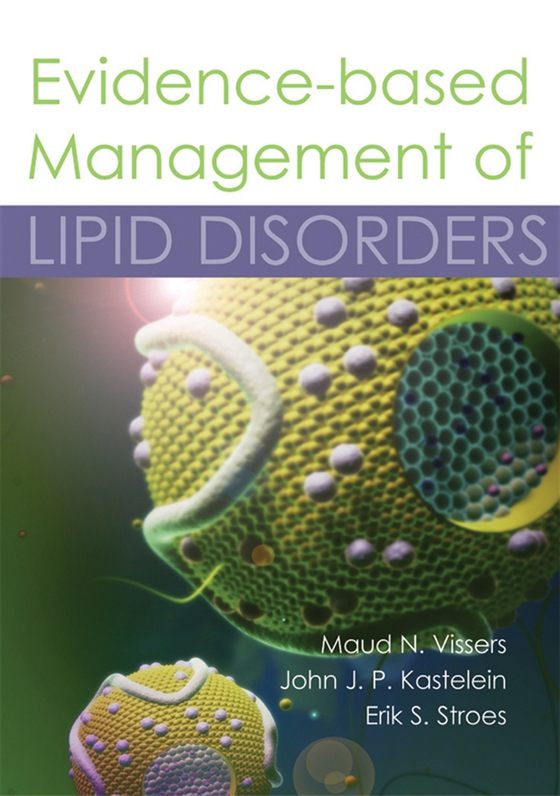
Evidence-based Management of Lipid Disorders e-bok
879 kr
Practising evidence-based medicine necessarily depends on the clinician having access to the best evidence available, but in a fast-moving field, keeping up to date with the latest developments is a challenging prospect. In this new volume, leading experts focus on the most important clinical issues associated with the management of lipid disorders, evaluating and interpreting the evidence avai...
E-bok
879 kr
Förlag
TFM Publishing Ltd
Utgiven
13 November 2014
Genrer
Familj & Hälsa, Hälsa, Livsstil, Fritid
Språk
English
Format
epub
Kopieringsskydd
Vattenmärkt
ISBN
9781908986573
Practising evidence-based medicine necessarily depends on the clinician having access to the best evidence available, but in a fast-moving field, keeping up to date with the latest developments is a challenging prospect. In this new volume, leading experts focus on the most important clinical issues associated with the management of lipid disorders, evaluating and interpreting the evidence available to provide the reader with a reliable summary of our current knowledge. Topics covered include therapeutical strategies for managing hereditary lipid disorders, including familial hypercholesterolemia, both in adults and children, and familial combined hypercholesterolemia. The authors also evaluate the evidence for a link between inflammatory disease and cardiovascular risk; the metabolic syndrome and the interconnections between dyslipidemias and diabetes. They also look at therapeutic challenges such as the management of patients who are statin resistant, and the control of lipid levels in those suffering renal insufficiency. Tables highlight important data, evidence from trial results and expert reports, and each section concludes with a series of key points that present a summary of evidence-based recommendations for best practice, graded according to the quality of that evidence. Evidence-based Management of Lipid Disorders provides the busy clinician with a unique analysis of the data supporting current therapies and will help the reader formulate effective strategies for treating their own patients.
Inga recensioner än





